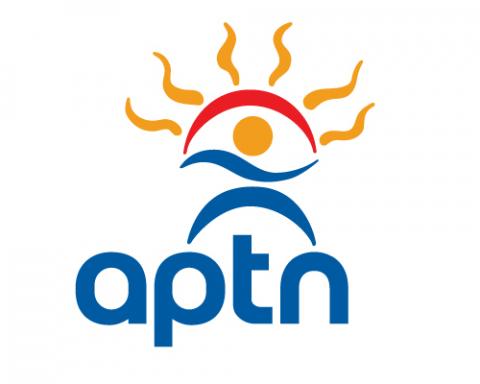Step Up Your Career with Sponsorship
Beyond making the usual annual resolutions to exercise more and give up sugar, the start of the new year presents an opportunity to reflect on what it takes to achieve our career ambitions. This commonly means introspection and a search for options that will help us get “unstuck” from our current job situation by actively implementing strategies for advancement. It is not trivial, however, to decide which strategies are likely to have the greatest meaningful impact—there is a buffet choice of career fixes to pick from that includes training, developing a new skill, putting a bigger focus on networking, and getting more support and help from others. While any or all of these may be applicable depending one’s situation, I would like to dive a little deeper into the topic of engaging others for support.
For many, finding a mentor to confide in and seek advice from with respect to career advancement is what they want in the way of support. Mentorship can be a great starting place but to really steps things up, it is well worth considering the role sponsorship can play in advancing your career.
Career Sponsorship vs Mentorship
While both are relationship-based initiatives, sponsoring differs from mentoring in that it is more active. It requires an increased level of engagement on the part of the sponsor—one in which he or she is highly thoughtful and intentional about the career development of the individual with whom he or she is paired (the protégé).
A career sponsor goes well beyond what a mentor is expected to provide. He or she is willing and ready to jump in and use his or her influence to help advance a protégé’s career. The sponsor acts as an advocate for the protégé’s talent and potential, ensuring that the protégé has opportunities to level-up the leadership skills that are prerequisites for advancement.
Whereas a mentor plays an important role in helping a mentee identify his or her key messages, a sponsor helps to amplify those messages and makes sure the right people are listening. Sylvia Ann Hewlett describes in her book “(Forget a Mentor) Find a Sponsor” that a sponsor is like a “talent scout” who gets a protégé in front of the directors for an audition.
Sponsorship is an alliance. Mentors often contribute their time and experience without an expectation of anything in return. A sponsor, by contrast, should expect to work with a protégé who adds values to the initiatives to which he or she has been invited to contribute. The protégé should ultimately make the sponsor look good in return for what the protégé gains in terms of development feedback and opportunities for advancement.
Evaluating the Career Sponsorship Option
Deciding to engage with a career sponsor is an important step to be entered only after careful consideration. To determine if career sponsorship is right for you, ask yourself these three questions:
- Do I have the next step in my career clearly identified?
If you have a strong idea of what your next career step is but challenged as to how to open the right doors to take it, you may be ready for a career sponsor. Mentors are most effective when you are still at the stage of evaluating your next steps—they hold up a mirror for you to consider the angles. Sponsors, by contrast, will want you to know (and be able to articulate) where you are going so that they can help open the right doors for you.
- Can I clearly articulate my value?
Since sponsorship is a two-way alliance, you must have a clear understanding of the talent, skills, and experiences that differentiate you and that would be of value to a leader willing to lend his or her time to helping you advance. It’s important to understand what resources you possess and are willing to invest to help a sponsor achieve his or her goals.
- Am I ready to commit?
There are no excuses when it comes to career sponsorship. You must be ready to separate yourself from the demands of day-to-day business and commit to spending time developing the sponsor-protégé relationship. This means putting the requisite effort into booking sponsor meetings, thinking creatively about how the two of you will work together, finding fresh ideas for discussion, doing the follow-up work, and earning the trust and support of your sponsor. Remember that sponsorship reflects on both the sponsor and protégé—you have to commit to making the most of the opportunity and building your reputation.
Getting Started with Sponsorship
You have evaluated and considered the value that sponsorship can bring to your career and decided that it is for you. Now what? This Harvard Business Review article by Sylvia Anne Hewitt offers some practical advice about finding a sponsor:
- Be strategic in searching for would-be sponsors and identify who has the resources (such as contacts and access to interesting projects).
- Remember: you are looking for an ally, not a friend.
- Look beyond your immediate circle of mentors and managers.
An additional approach you can take is to find a sponsor in another company who can give you a completely different view of the world. Women in Communications and Technology (WCT)’s Protégé Project is a unique career development program available to WCT members. The program pairs women in the communication, media, and technology sectors with executives from a variety of organizations in those industries.
Take the Step Up to Sponsorship
If this is the year to try something new and implement a strategy to take your career to the next level, step up and engage a sponsor!
Written by Shann McGrail. You can find the original copy on her Linkedin.





